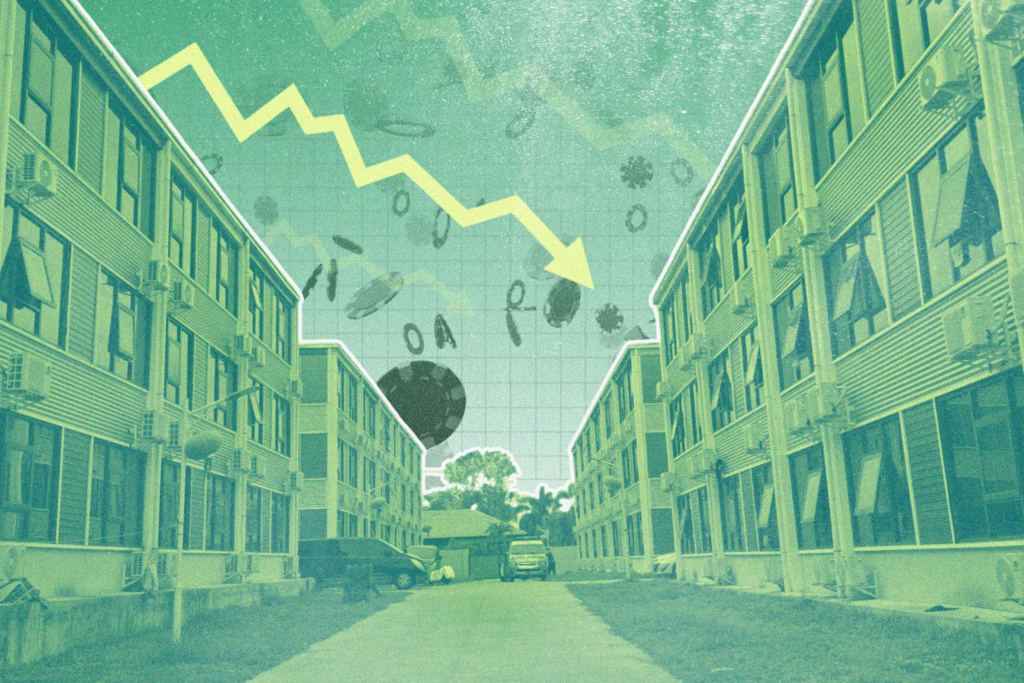BusinessWorld points to the negative impact of POGO on the economy

CHEERS TO BusinessWorld’s report that calls attention to the harm that online gambling industry inflicts on the country’s financial standing in the world.
The Philippine Offshore Gaming Operators (POGOs) or Internet Gaming Licensees have been projected for their positive effect on the economy: creating jobs and spreading wealth. Recent developments, however, have revived doubts about how much good it does, discussing social ills that result from gambling. Lately, the industry has been exposed for providing entry to illegal participation of foreign nationals in the enterprise as well as the threats that impinge on national security.
A report in BusinessWorld, written by Kyle Aristophere Atienza, has pursued another lead to focus on the ways the industry holds back international investments from flowing more freely into the country.
The Philippines has been on close watch by an international monitoring group, the Financial Action Task Force (FATF), that has included the country in its “gray list” of countries known to facilitate the flow of “dirty money.” POGOS are seen as engaged in such “money laundering,” thus discouraging potential international investors.
Calls to ban POGOs included Xi Jin Ping himself whose voice joined a number of national officials. The report referred to the response of Alejandro Tengco, Chairman of the Philippine Amusement and Gaming Corporation Chairman who argued that banning POGO would not guarantee the end of illegal activities, stressing the loss of PHP20 billion annual revenue for the country.
Atienza’s story presented a new perspective with which to evaluate the effect of online gambling and the complex challenges these have raised. He reached out to economists and financial experts whose views enlarge the understanding of these activities.
Philippines, a POGO paradise
The report recalled that it was Congress under the Duterte administration that found a way to legalize POGOs by taxing the operators, despite the “social costs.” Citing data from the Presidential Anti-Organized Crime Commission, Atienza also counted 402 canceled POGOs, 58 subjects of interest, and over 300 POGO hubs illegally operating in the country.
Atienza cited Chester Cabalza, a security analyst, who said the use of proceeds from POGOs pose a high risk as these are “harbingers for criminal activities.”
John Paolo Rivera, an economist, pointed out that the Philippine economy “has yet to mature” in terms of legal, economic, and social frameworks to effectively operate the gaming industry, such as POGO, which to begin with is illegal in other countries.
Another economist, Diwa Guinigundo, noted the weak regulations to check POGOs while their financial operations are “opaque,” making them open for money laundering. “I don’t think FATF would look kindly to the Philippines in the presence of these operations, which may likely be associated with dirty money,” he said in the report.
Enrico Villanueva, a banking professor, saw POGO’s involvement in criminal activities as undermining “the country’s effort to exit from FATF’s gray list.”
Guinigundo pointed out the danger of the Philippines being increasingly dependent on gambling operations: “I don’t think that reputation could inspire confidence in the long-term viability of investments in this country.”
The report mentioned that the “increasing risk of money laundering from casinos and lack of prosecution for terrorism financing cases” could place the Philippines on FATF’s black list.
The concerns about the country’s ranking in the gray list deserve follow up from other journalists. People should know about this aspect of POGO’s impact. The expert views presented by Atienza should lead the media to follow up with news on whether President Ferdinand Marcos Jr. will take up this challenge with more than just words, as some of his Cabinet officials had already expressed their support to ban POGOs in the Philippines.
A legacy of the previous administration and Rodrigo Duterte’s close ties with Beijing has left a problem that seems quite clearly to outweigh its benefits. Does the government of Ferdinand Marcos Jr. have what it takes to do the right thing?
Leave a Reply